As a high school Language Arts teacher, one of the more difficult aspects of my job is finding books for my students to read that are high interest, manageable, and have material that is teachable. Teachable, for me, means it presents opportunities for discussion about characters and their choices or how they fit or don’t fit into their world, and why or how this reflects the world we live in now—what can we learn from this book? Young adult fantasy literature can do this! The books on this list will bring profound discussion and teachable moments that teens are quite capable of engaging with.
All books have the necessary literary elements that teachers and students are beaten over the head with thanks to the Common Core and standardized testing. The average high school student does not need to be reading classics from fifty-some years ago that weren’t written for them. If we expect students to become lifelong readers, it’s vital they be given choice and be provided with opportunities to read broadly and outside of the very cis, very white, very male literary canon. So, I propose new options that are incredibly teachable and will leave your students engaged and wanting more.
Scavenge the Stars by Tara Sim: The Count of Monte Cristo, but better. If your administrators are demanding you teach the classics, slip this one into the mix. You could even watch the film of The Count and have students compare the two stories. Sim’s version gives you all the literary elements you could ask for, it’s a million pages shorter, and Amaya and Cayo are teens. Spoiler alert: teens love reading about teens!
A Blade So Black by L.L. McKinney: This is the version of Alice’s Adventures in Wonderland that we don’t deserve. Not only can you compare it with the original text or any of the many movie adaptations, you can do a neat activity with the poem “Jabberwocky” and students will be making connections and engaging left and right. This book has so many teachable moments in it. Students will relate with Alice as she struggles to not only be a hero but maintain passing grades.
The Ship Beyond Time by Heidi Heilig: Time. Traveling. Pirates. This great story not only provides an avenue to discussion of not getting bogged down in the past, but deals with the history of Hawaii, which is super fascinating and not something that is widely covered in most history books. So, lots of opportunities for additional research students can do on their own to enhance learning. They can make presentations and talk about the different cultures in the books, all while discussing the moral complexities of whether or not we should be able to alter any given timeline.
Pet by Akwaeke Emezi: WOW. This book is everything you need. If you could get away with just studying one book for the entire year, this would be the one. Personally, I see books as a way to help students develop empathy and a sense of how much of the world they don’t yet know about. Pet deals with an adolescent who thinks the world is pretty perfect, but she’s about to find out that even in a perfect world, monsters still exist. Pet deals with current issues so deftly and can open the door to great moments of student insight.
Aru-Shah and the End of Time by Roshani Chokshi: This fantastic adventure features Aru having to navigate not only the perils of adolescents and middle school, but she’s also the daughter of a god and has to save the world. Like the others, this fantasy features a protagonist trying to figure out her place in a rapidly changing world. It offers discussion topics such as what is true bravery and what makes someone a friend—both excellent topics for students to discuss and write about. You also get to explore the legend of the Pandava brothers and aspects of Hinduism—things often not discussed in American classrooms, which can lead to lots of enhanced learning opportunities for students as they learn more about the rich and diverse world around them.
The Gauntlet by Karuna Riazi: The best version of Jumanji ever made. After Farah is sucked into a dangerous and deadly board game, she must puzzle out the mystery to save her friends and escape. This book will not only drive great conversations about bravery and friendship, but you get to delve into Middle Eastern culture as well.
This Savage Song by Victoria Schwab. This book destroyed me in the most delicious way possible and it will leave your students desperate to read the sequel (you could even teach it!). August and Kate are at war. One is a monster who wants to be human and the other is a human who wants to be a monster. This book will lead to discussions about what it means to be human and what the worst kinds of monsters are as well as what does or doesn’t make a monster.
Dread Nation by Justina Ireland: What if the Civil War created zombies? If you want to know, read this book to find out! Dread Nation follows the story of a young Black woman trained to kill zombies. This book touches on so many social justice issues and opens the doors for the uncomfortable conversations about race and privilege that we need to be having with teens. I promise you’ll have content to teach for class after class.
The Fever King by Victoria Lee: This. Novel. Put this masterpiece in the hands of high school students and let them debate Noam’s strategy for taking down a corrupt government while its citizens are dying from a magical virus. There is so much to unpack in this novel and believe me, teenagers are ready for it.
The sky’s the limit with books that can be introduced into the classroom. But the bottom line is that today’s students deserve to be offered reading choice and be presented with books that are written for them. Books that present a diverse and inclusive world. Books that bring hope and magic into their lives. Representation matters—and the more we embrace it in the classroom, the better our world will be.
Katie Passerotti is a writer, teacher, and fangirl. She is obsessed with villains and will probably assist one in taking over the world. When she’s not making diabolical plans, she and her wolfhound are off exploring forests and parks or she’s reading stories about fierce, fantastical girls. Follow her on Twitter @KatjaBookDragon




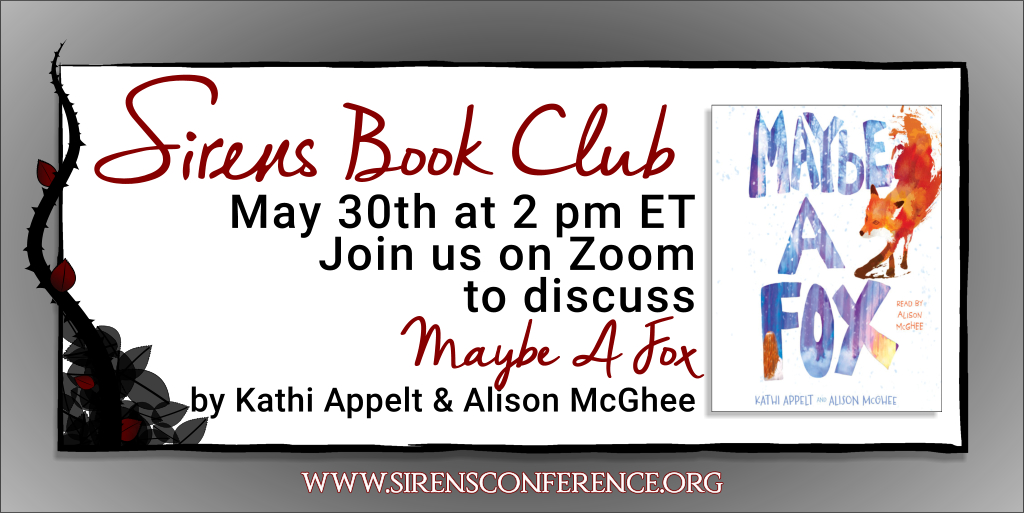


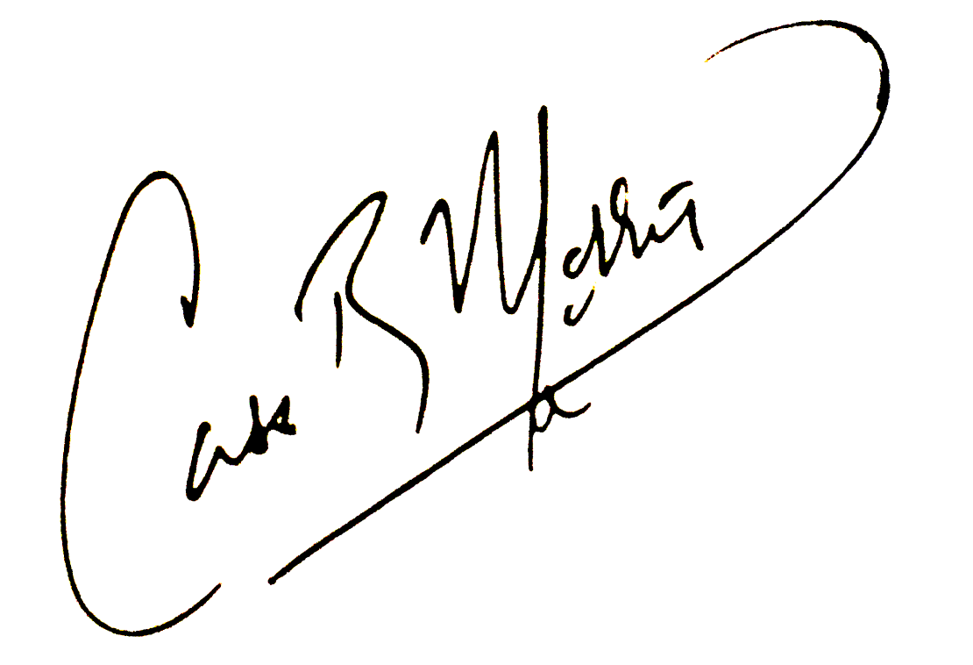

























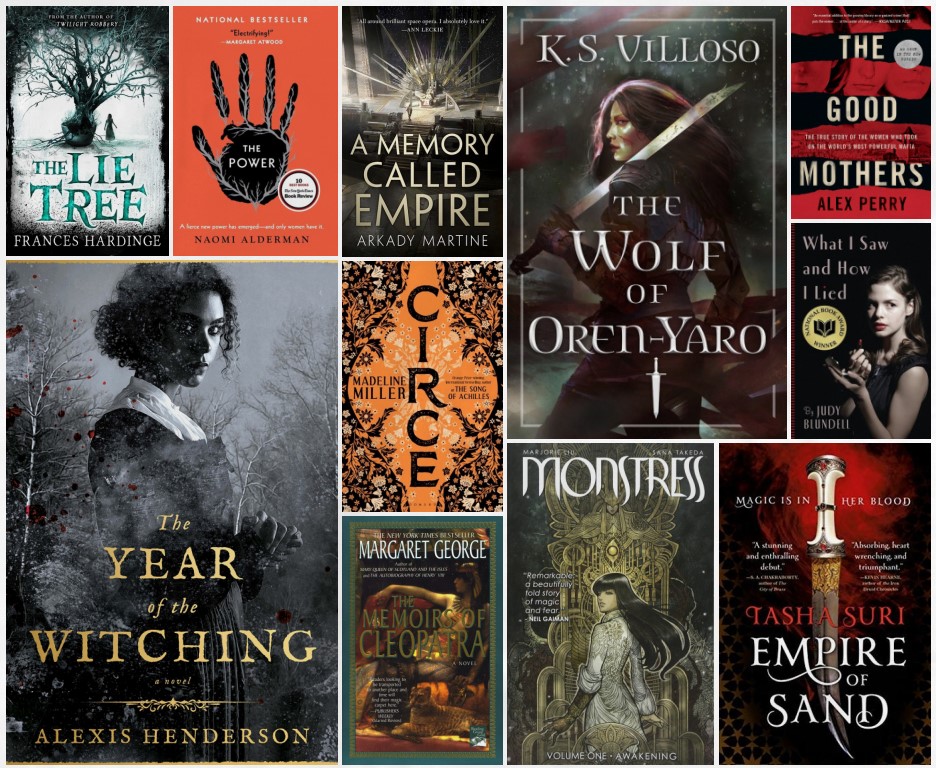
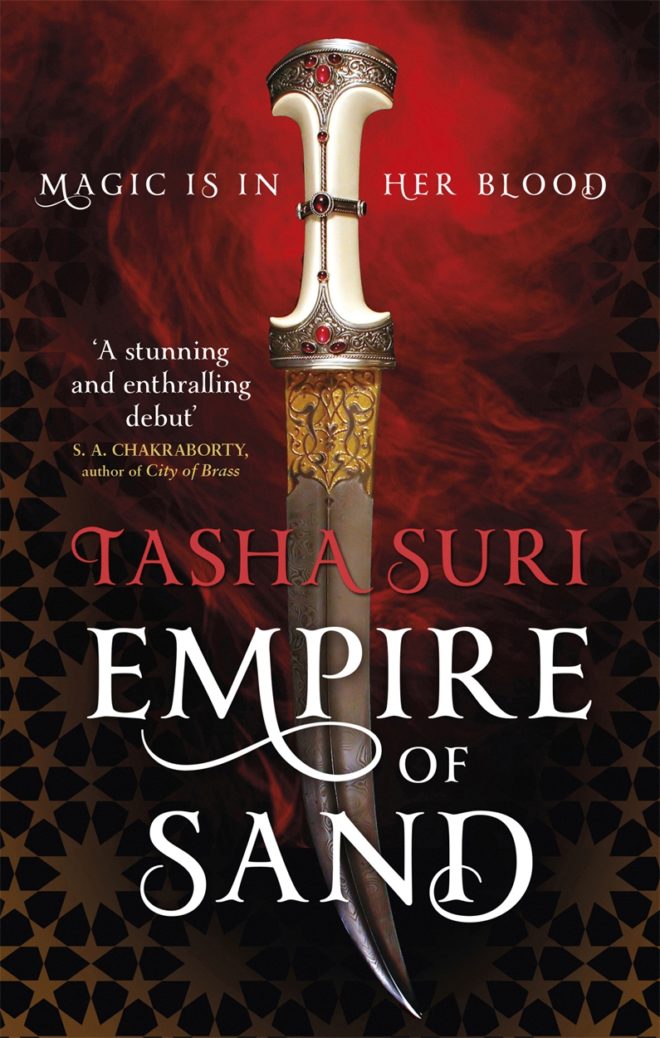
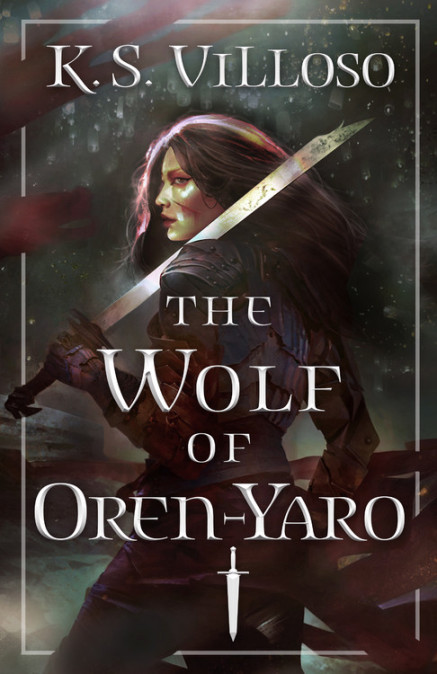
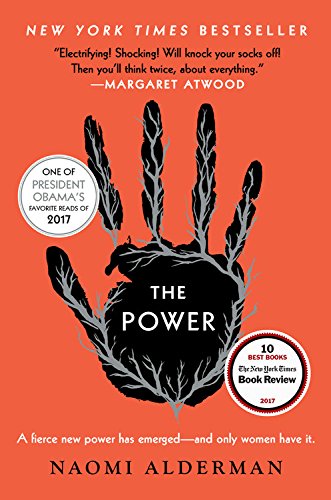
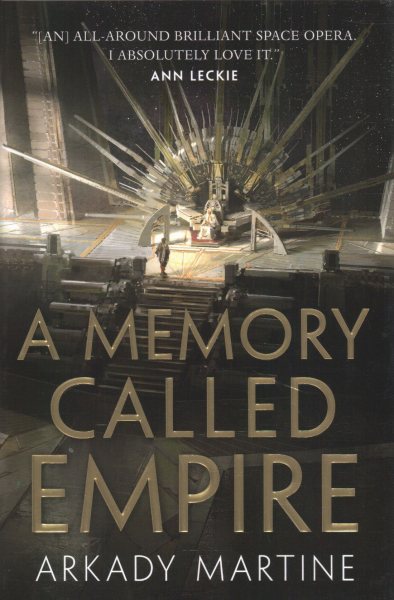
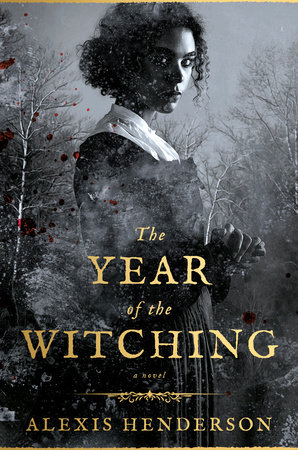
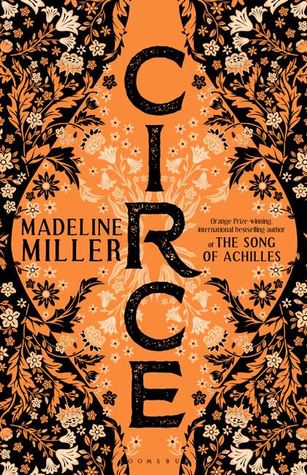
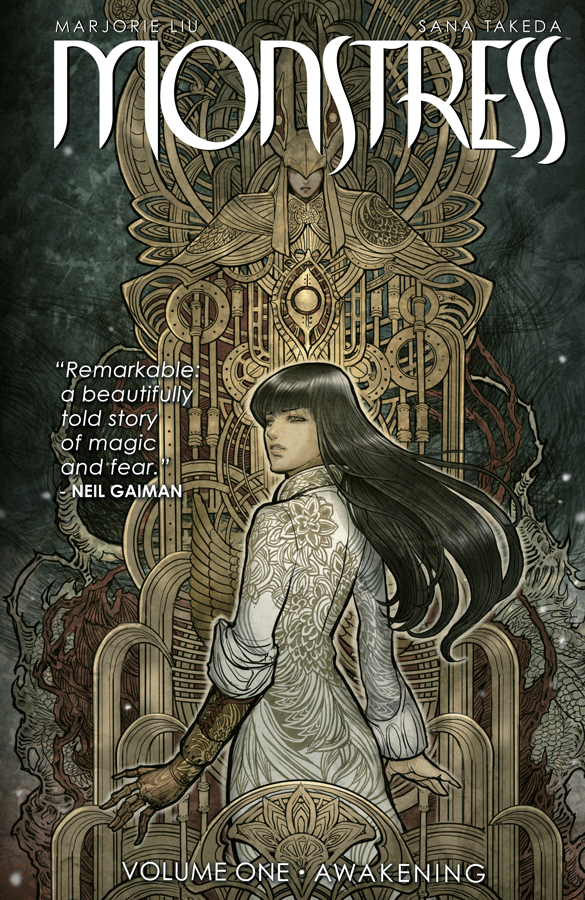
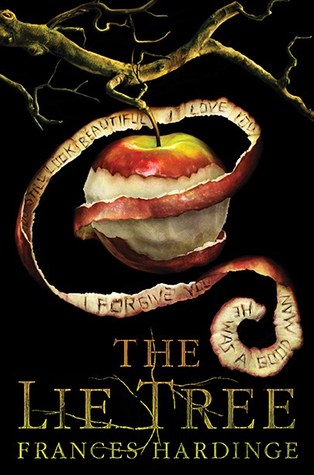
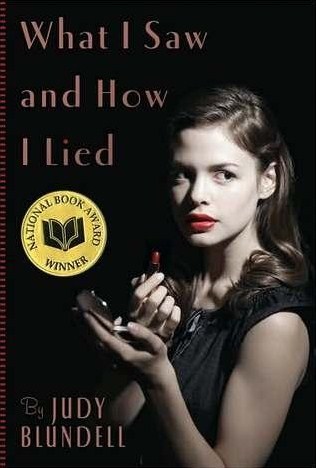
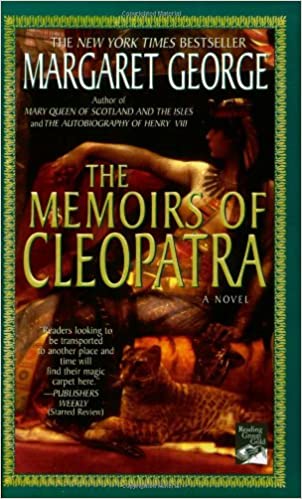
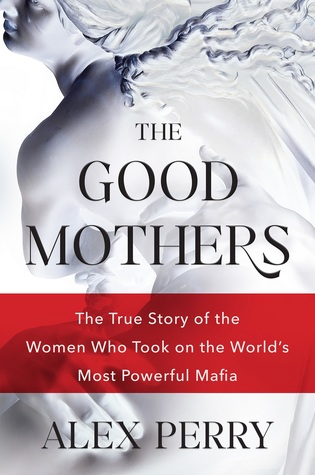
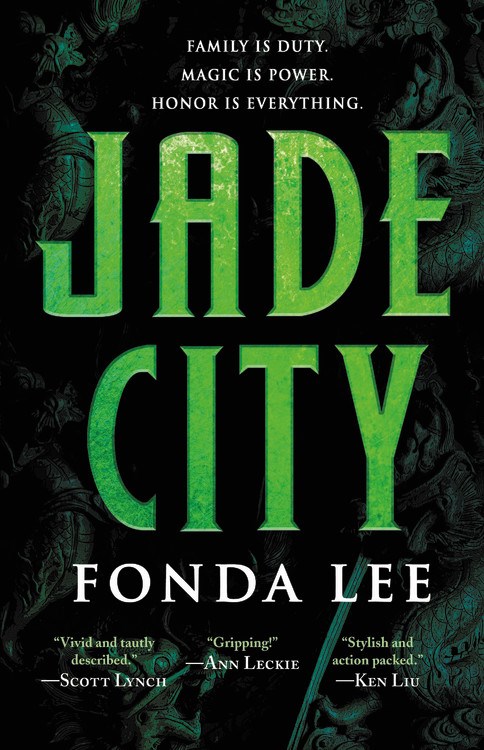
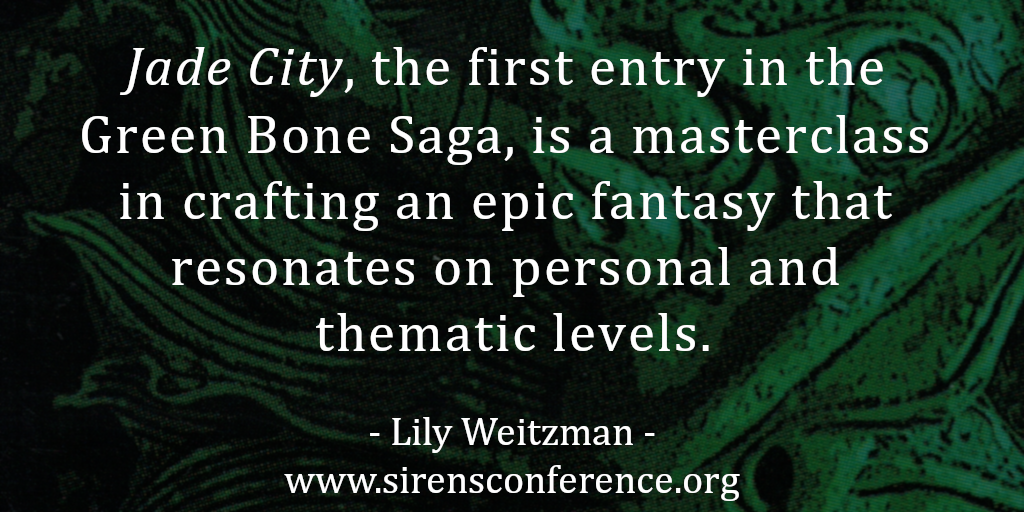
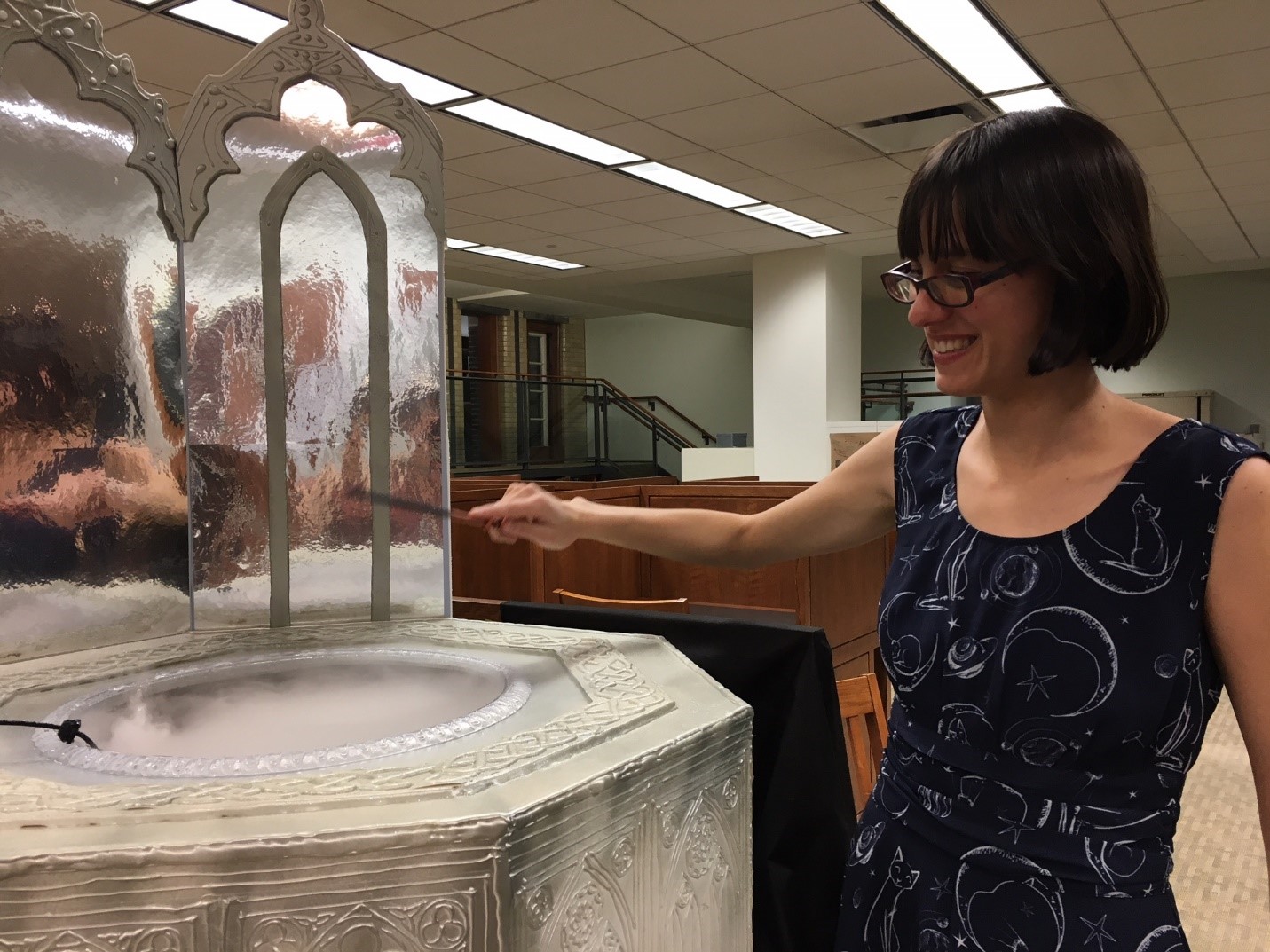
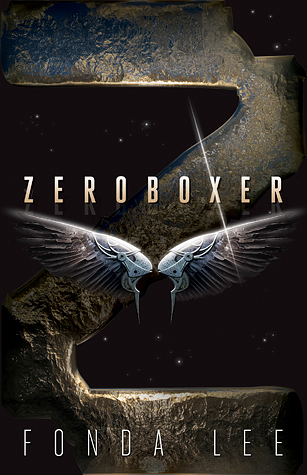
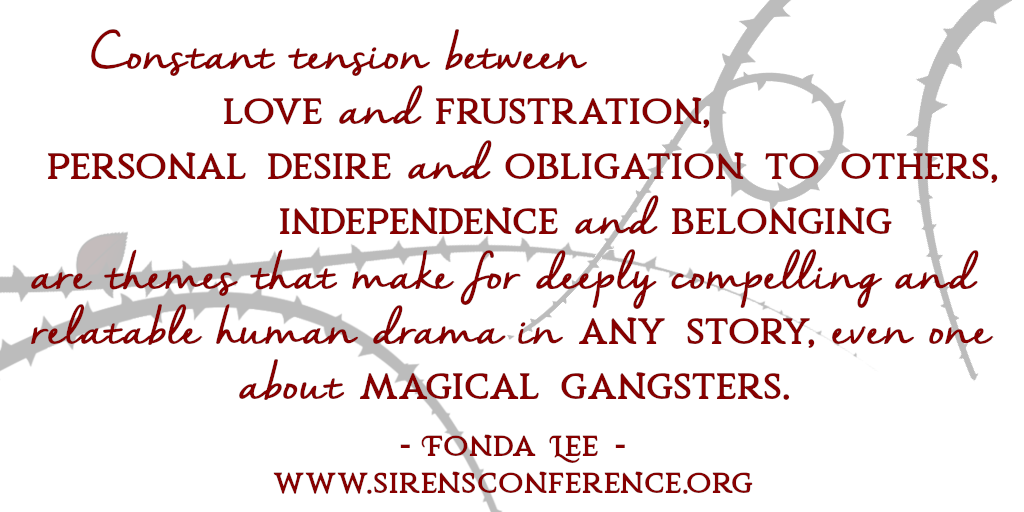



Connect with the Sirens community
Sign up for the Sirens newsletter